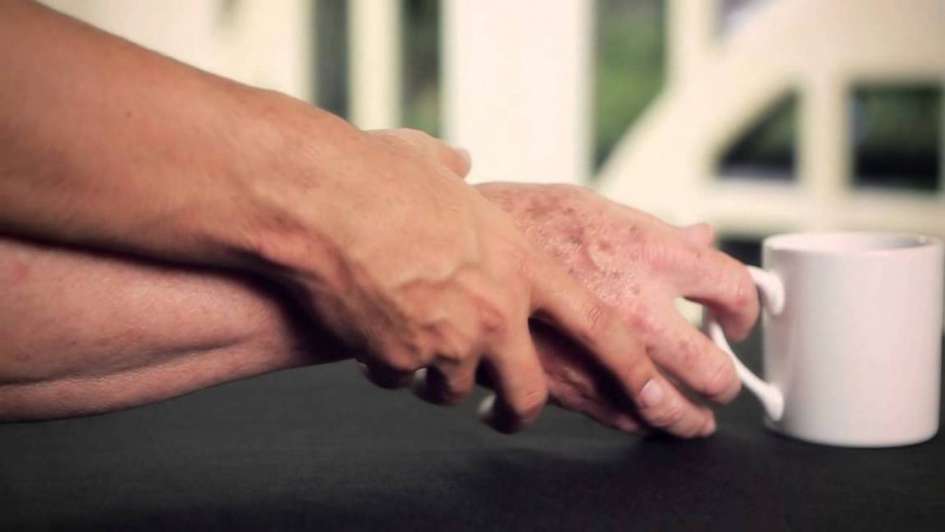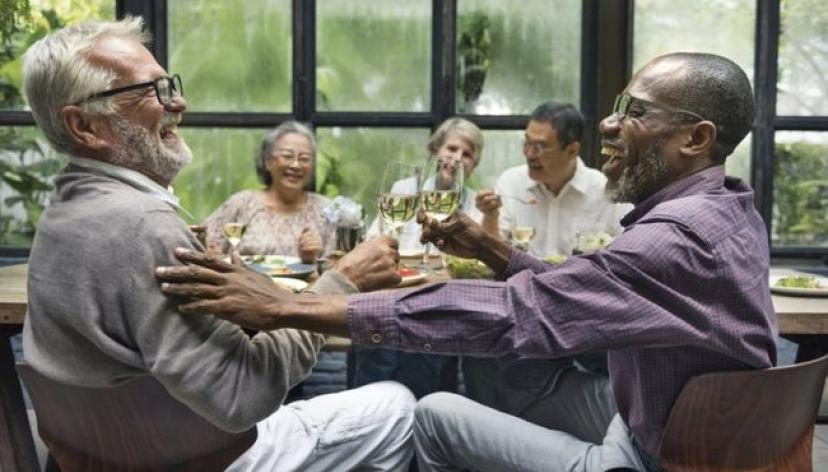
Why are older adults more likely to suffer from depression?
The doctor Rafi Kevorkian, uses the 5 D to explain this propensity: disability, decline, decrease in quality of life, demand for caregivers and dementia.
Separates the disease from depression
It is more complicated to identify and treat depression in older adults than in younger subjects, due to the other diseases that are involved. For example, Parkinson’s disease directly affects brain chemistry and can exacerbate depressive symptoms. It is estimated that 25% of patients with cancer suffer from depression and 50% of patients with strokes are also affected with depression.
Control drinks
Do you think that teenagers are at greater risk of abusing substances? In fact, the abuse of alcohol and drugs is very common among people over 60 years old and affects 17% of older adults. It is common for older adults to resort to self-medication with alcohol and drugs as a way to cope with loneliness or to deal with chronic pain. As we know, alcohol is a depressant and depresses even more in these situations. Sedatives can be deadly, especially when combined with alcohol.
Treat insomnia
According to statistics, 80% of people who are depressed experience sleep problems, and the more depressed the person is, the more likely they are to have sleep problems and vice versa. Therefore it is absolutely essential for the treatment of depression, dealing with sleeping problems and practicing good sleep habits: going to bed at the same time every night, waking up at the same time in the morning, reducing or eliminating caffeine, etc.
Make new friends
Innumerable studies have shown that people with strong social networks are more resistant to depression and anxiety, especially in their later years, since they lost their friends and family. It is especially important for seniors to make an effort to meet new people.
Exercise
Studies published in the Archives of Internal Medicine showed that older adults who exercise, even if they do it until they are 85, live longer, healthier lives. They experience fewer declines in their quality of life, are less lonely and are more likely to remain independent.
Get a purpose
important that they seek a purpose, no matter how big or small: recycle, take care of the grandchildren or children of neighbors, visit the neighbor, etc. It is not necessary to spend a large amount of time, energy, money or power.












Leave a reply